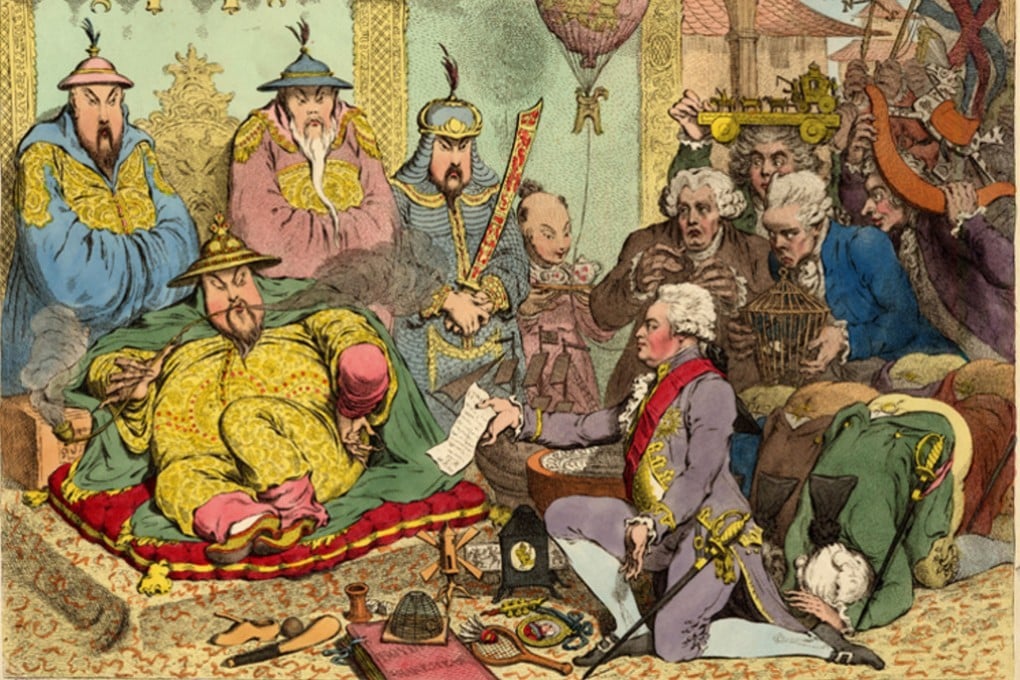

It is a clash of empires that reads like Game of Thrones. The year is 1793. The Qianlong emperor of the Great Qing Empire grants an audience to Lord Macartney, ambassador from Britain’s King George III, at his summer resort of Rehe, now Chengde, a few days’ travel northeast from Beijing. But Macartney refuses to kowtow.
AdvertisementAs a result, British requests for improvements in trade relations are denied and Macartney’s party is hurried out of China, bearing a written rebuke to the king that concludes George must, “tremblingly obey and show no negligence”.
But in 1842 and again in 1860, the British use military force to compel the Qing to surrender the same benefits Macartney had sought to negotiate. The Qing must open several Chinese ports to year-round foreign residence and allow permanent British diplomatic representation in Beijing. The British also gain possession of a certain island off the Guangdong coast with an excellent harbour.
AdvertisementOther foreign powers claim similar benefits under “most favoured nation” treaty clauses. They all eat away at Qing authority until revolution brings an end to imperial rule in 1912.
If only Macartney had been less arrogant and had made a full obeisance to Qianlong, says this popular version of the story, history might have taken a very different course.